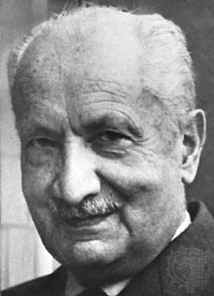Focal Things

Albert Borgmann The German-American philosopher Albert Borgmann is professor at the University of Montana and author of several books on the effects of electronic media on the human person. He rejects both technological determinism -- the view that technology is a irresistible force that forces our hand as we shape our culture, and technological instrumentalism, which sees technology as a mere collective of neutral processes and structures that can be used either well or badly. Like Marshall McLuhan, Borgmann is aware that the medium “is” the message, highly transformative in and of itself, and requires critical analysis and understanding. For example, he writes: Using or not using the interstate highway system is not a matter of choice anymore for most of us, and neither are the moral consequences of long commutes and the neglect of family, neighborhood, and inner city. When we finally come home, late and exhausted, greeted by a well-stocked refrigerator, a preternaturally ...

